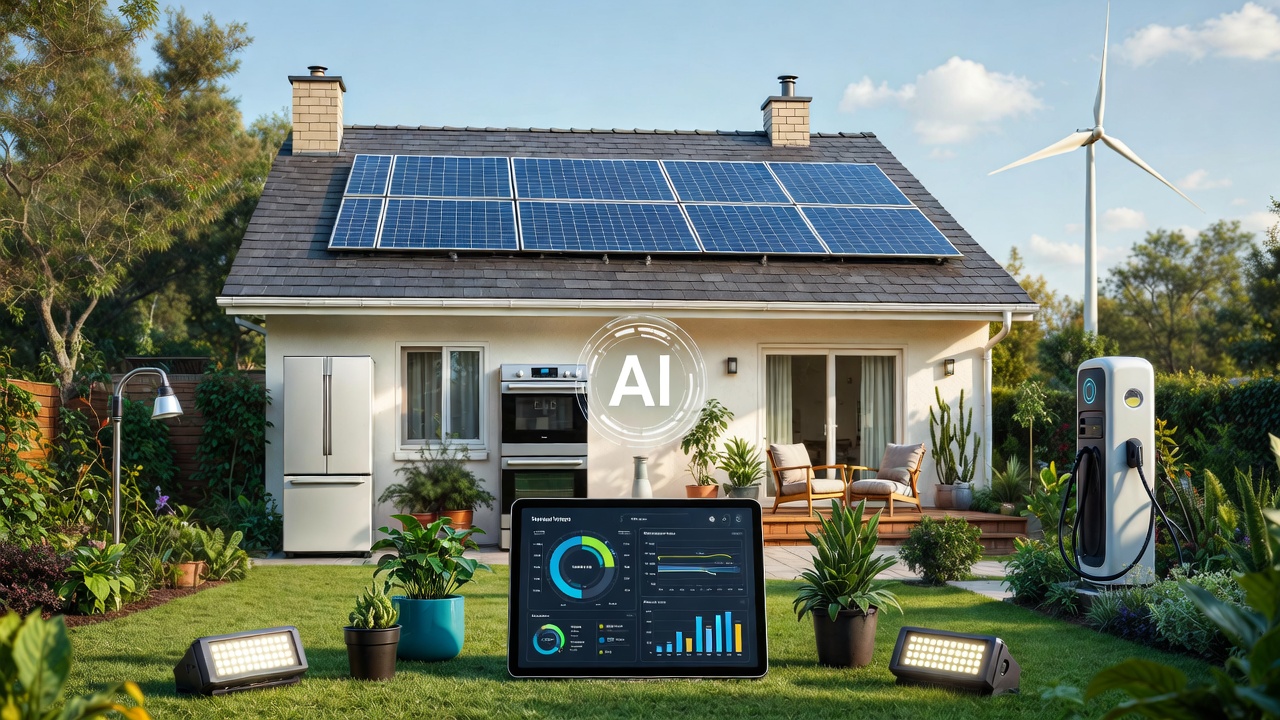Virtual private servers (VPS) are a type of hosting service that allows users to host websites and applications on a virtual machine that is hosted on a physical server.
Here’s how VPS servers work:
- A physical server is set up and configured with the necessary hardware and software to host multiple virtual machines.
- The physical server is divided into multiple virtual servers, each with its own dedicated resources such as CPU, RAM, and storage.
- Users can purchase a VPS package from a hosting provider and choose the resources they need for their specific needs.
- The hosting provider creates a virtual machine on the physical server and assigns it to the user. The virtual machine acts like a separate physical server, with its own operating system, applications, and resources.
- The user can access and manage their VPS through a remote connection, such as a secure shell (SSH) connection or a web-based control panel. They can install their own applications, configure the operating system, and manage their own resources.
VPS servers offer a number of advantages over shared hosting, such as greater control and flexibility, better performance, and increased security. They are often used by small and medium-sized businesses, as well as by developers and web designers who need a high level of control and resources for their projects.
Table of Contents
Can AI Actually Lower Your Electric Bill? A Practical Guide to DIY Solar Planning
For years, the dream of “going solar” started with a pushy salesperson or a confusing af…
Top Free AI Tools in 2026
In the fast-evolving world of artificial intelligence, 2026 has brought a wave of innovative tools t…
How AI Can Help You with Online Trading in 2025
The Rise of AI in Online Trading The world of online trading has changed dramatically over the past …


